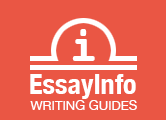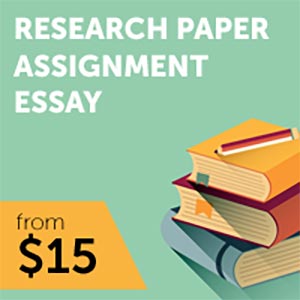Your resume is a tool with one specific purpose: to win an interview. If it does what the fantasy resume did, it works. If it doesn't, it isn't an effective resume. A resume is an advertisement, nothing more, nothing less. A great resume doesn't just tell them what you have done but makes the same assertion that all good ads do: If you buy this product (Me), you will get these specific, direct benefits. It presents you in the best light. It convinces the employer that you have what it takes to be successful in this new position or career.
It is so pleasing to the eye that the reader is enticed to pick it up and read it. It stimulates interest in meeting you and learning more about you. It inspires the prospective employer to pick up the phone and ask you to come in for an interview.
In order to ensure that all the years of schooling and other experiences will pay off in the job hunt, even before contacting employers, one must learn the art of resume writing.
Your Resume Should Be:
- A concise and factual presentation of your credentials
- Focused on your education, accomplishments, strengths, employment history and goals
- An invaluable marketing tool
- Your introduction to a potential employer
- Brief, easy to read, and grammatically well-constructed
Below, we have gathered the essential information for everybody who is working on their resume.
The different types of resumes
Education section of the resume
Experience section of your resume
References section of your resume
The issue of GPA in the resume
Track and leverage your accomplishments
What your resume should always include
What your resume should never include
Objective statement of your resume
Additional sections to include in the resume
Fast tips for electronic submittal of your resume
The financial value the resume
Helpful resume writing quiz for college students and recent grads

